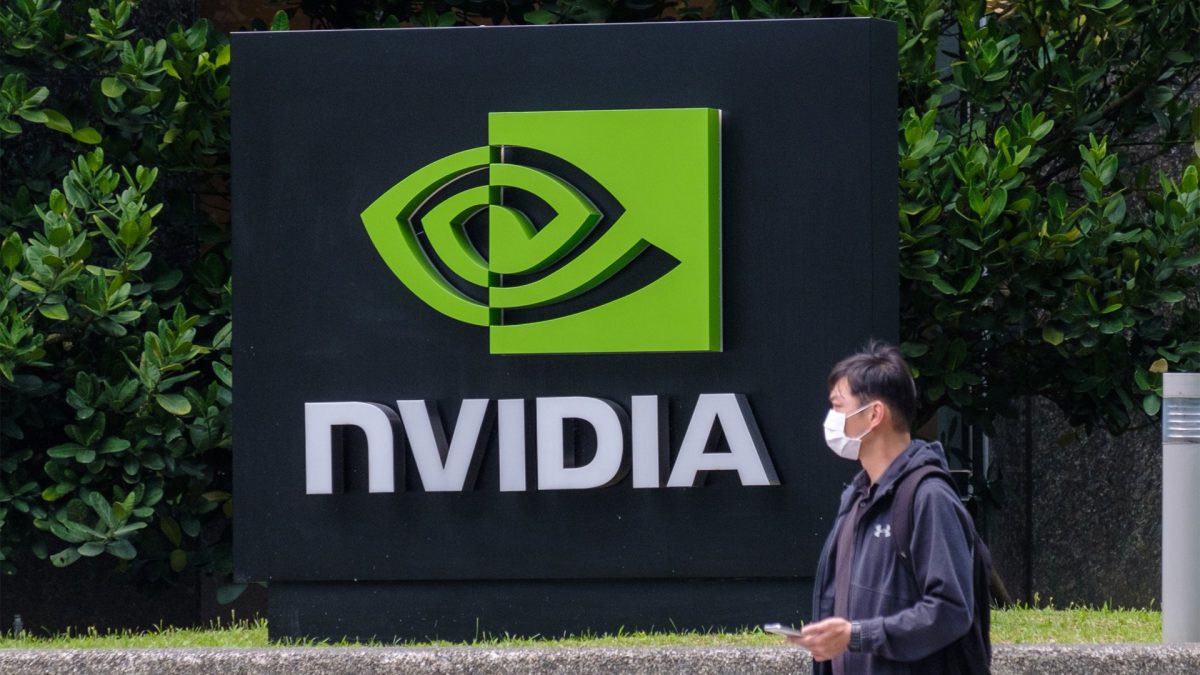Tech giant Nvidia has announced it will build factories in the United States to manufacture chips and supercomputers worth $500 billion over the next four years.
In a statement on Monday, Nvidia said that it has already started manufacturing its Blackwell chips at TSMC’s plant in Arizona and will start the manufacturing of supercomputers at Foxconn’s and Wistron’s plants in Texas. The manufacturing is expected to start in the next 12-15 months.
With the announcement, Nvidia has become the latest tech company to announce investments in the United States under pressure from US President Donald Trump’s trade and economic policies.
In major announcements, Microsoft has pledged around $40 billion in 2025 and Meta has pledged to invest to the tune of $65 billion this year with a major share going into building a huge data center in Louisiana around the size of New York’s Manhattan neighbourhood.
Previously, OpenAI, SoftBank, and Oracle announced a joint venture called Stargate to create artificial intelligence (AI)-related infrastructure worth at least $100 billion. They said the investments could be ramped up to the tune of $500 billion over the next four years.
Separately, Softbank has announced the investment of $100 billion in the United States over the next four years.
In February, Apple pledged to invest $500 billion over the next four years in the United States, which include setting up AI servers in Texas.
Impact Shorts
More ShortsHowever, such pledges do not always materialise and an analyst said that Nvidia’s latest pledge is more of a hyperbole.
“It is unlikely Nvidia would have moved any production to the US if it was not for pressure from the Trump administration. The half a trillion number is likely hyperbole, in the same way Apple made a half a trillion promise,” said DA Davidson analyst Gil Luria, according to Reuters.
Such pledges have been prompted by Trump’s pivot to protectionism. He has pressured companies to manufacture in the United States with a particular focus on bringing home manufacturing outsourced over the years to China. However, such investments have been complicated by Trump’s rollout of tariffs.
Trump has waived tariffs on the import of finished electronics like computers and smartphones, but has kept tariffs on components. Such a policy incentivises the import of foreign-made finished devices instead of manufacturing those devices in the United States. However, the Trump administration has said the waiver is not going to be permanent and electronics and semiconductors will be covered in sectoral tariffs set to be rolled out soon.
)